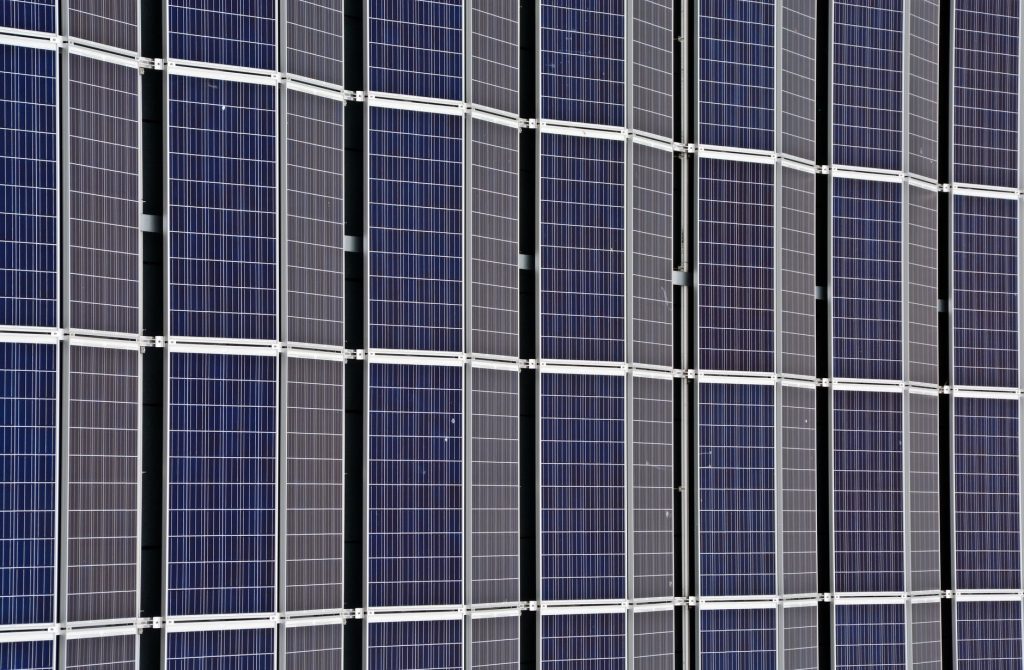We’re all sick of load shedding, it’s no secret. It’s frustrating, it’s debilitating, it can put a hold on your entire day and swallow up your productivity in an electricity-lacking hole of darkness. Everyone’s looking for ways to dodge the dread of the shed, and it appears Hisense is looking to help themselves and residents in the Western Cape in that regard.
The electronics company has announced that it plans to put R20 million towards running its factory in Atlantis, Western Cape, on solar. In a statement reported by My Broadband, Hisense said that they have “already made extensive investments in local manufacturing capabilities at their state-of-the-art factory in Atlantis, Western Cape” and also has “plans to invest R20 million in solar energy facilities for this plant.”
Hisense(ing) a change
The statement went on to explain that the decision to switch to solar was made to take pressure off of the grid, while also minimizing Hisense’s carbon footprint in a move towards sustainability. Going off-grid would also neutralize any potential loss in productivity for the factory in the event of load shedding. explained Hisense SA Marketing Director Patrick Hu.
Hisense plans on taking the factory totally off-grid, not just solar but grid-tied. The R20 million will go towards installing over 2,500 solar panels capable of producing more than 1.9kWh worth of energy. The company plans on leaving the grid over the next five years.
According to My Broadband, Patrick Hu said that having the factory totally on solar power would ensure a “guaranteed and reliable energy supply”, which, in turn, would facilitate the sustainability of the plant and thus secure the jobs of all staff there. “We look forward to the process, and a bright future with our new solar-powered factory,” he finished.
Like Hisense, more and more companies are looking to move to alternative power, mainly solar, both for sustainability reasons and to escape Eskom’s load shedding. But moving to solar power is costly, especially if you’re trying to do it with your home, without your company backing you. Many people choose to go solar but remain on the grid, but even that is becoming far more expensive.




